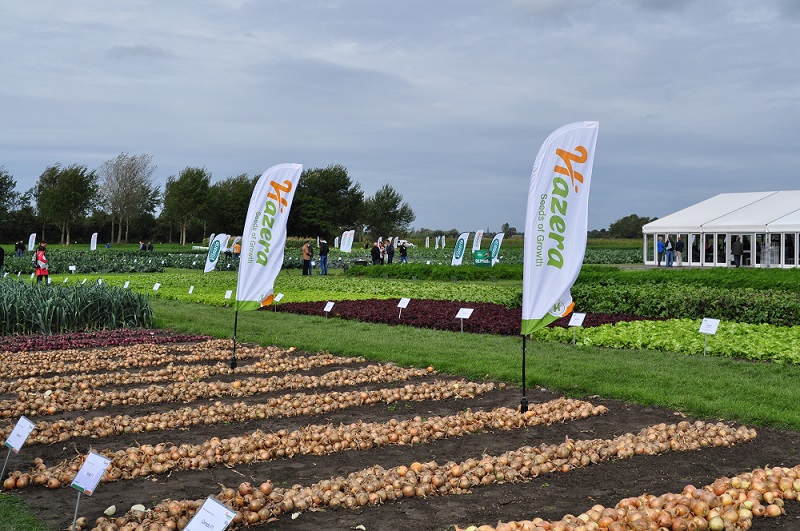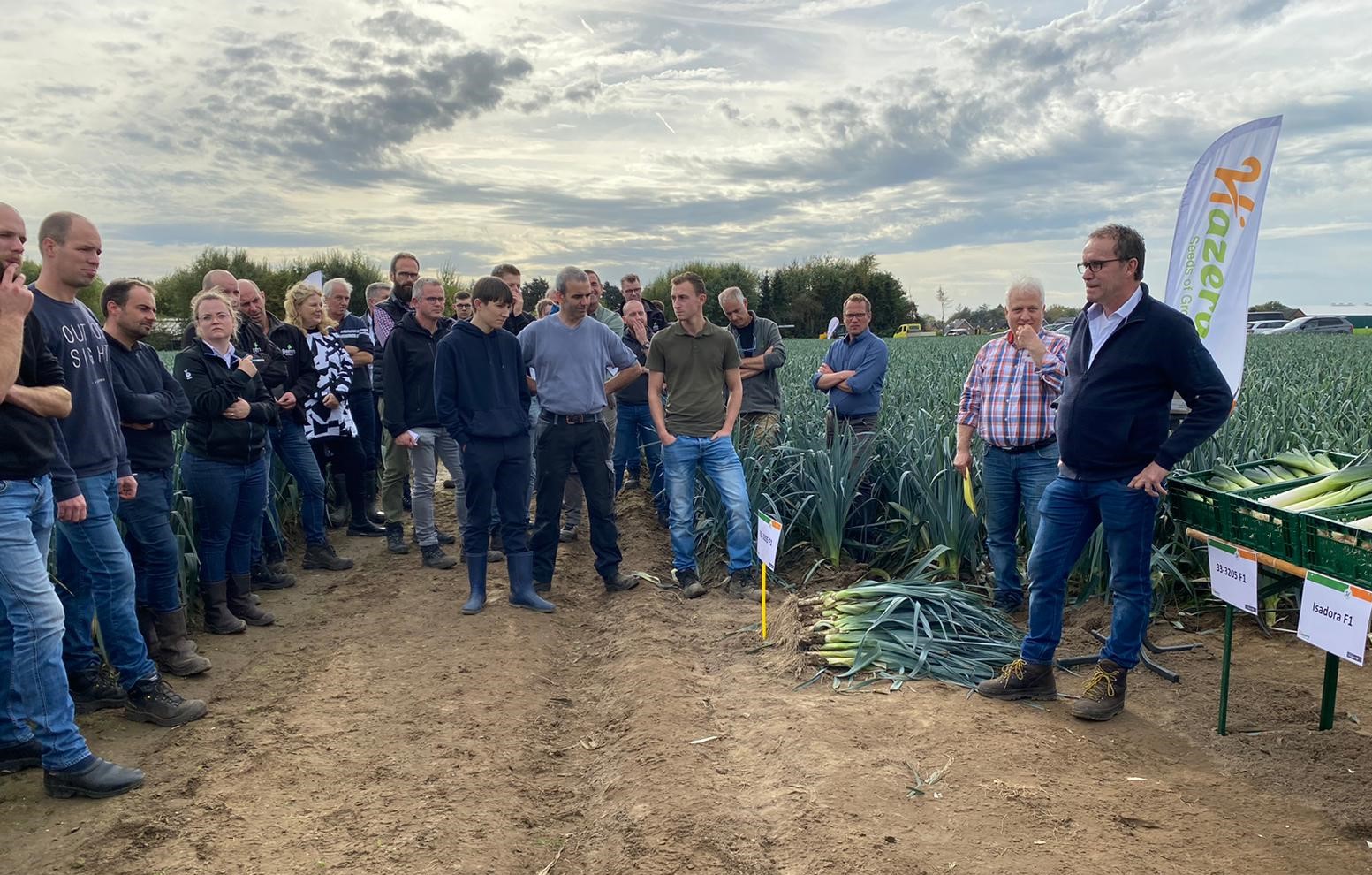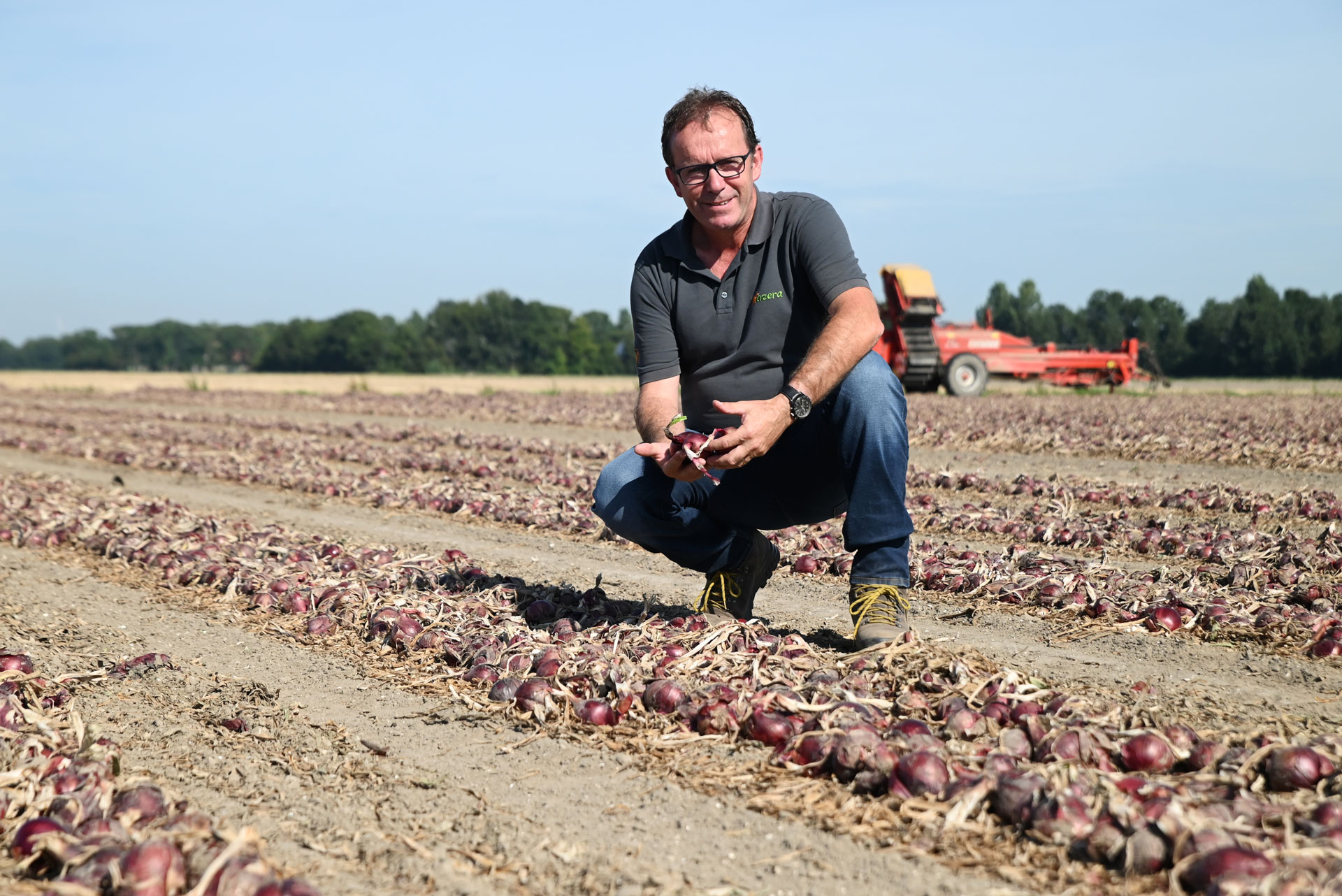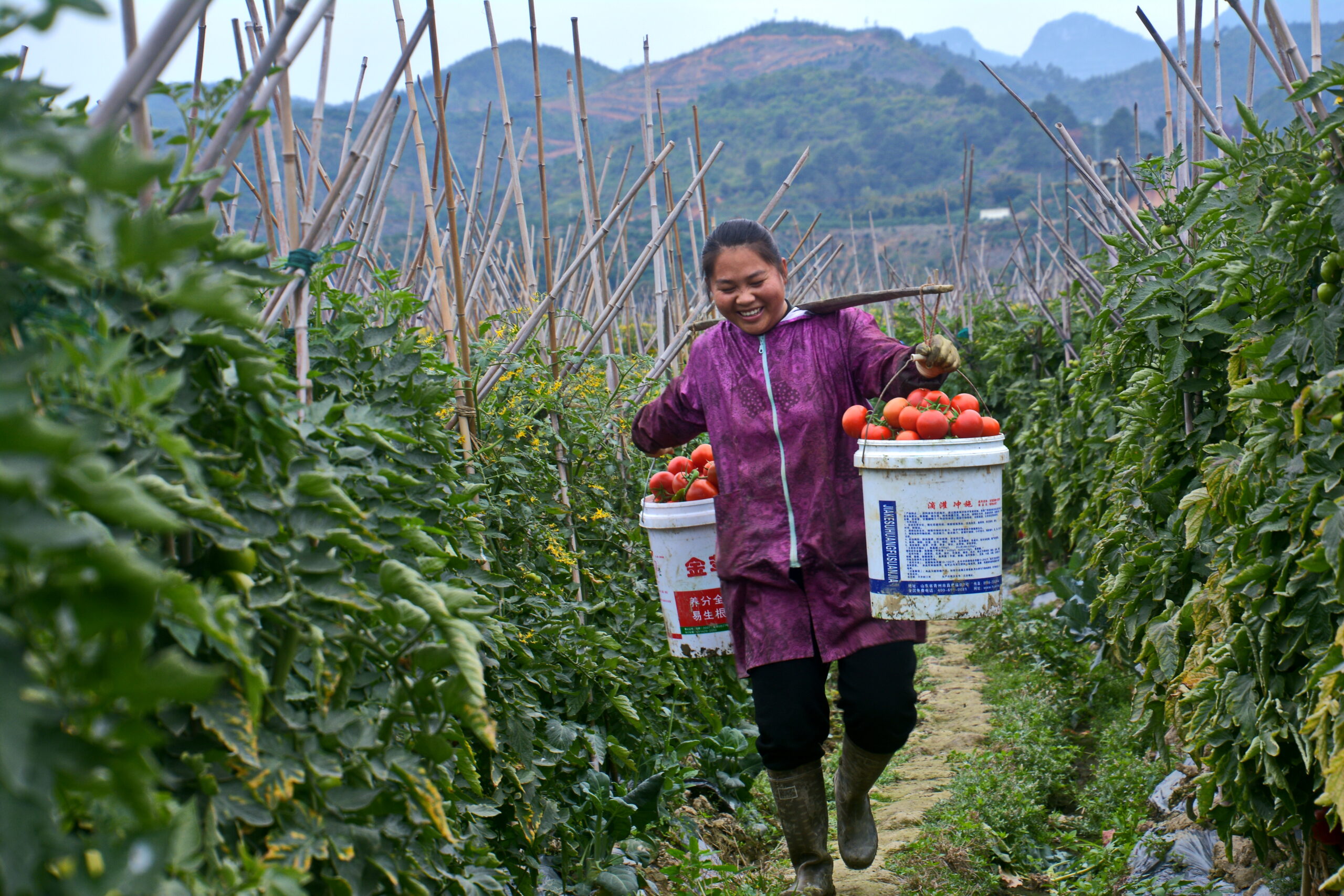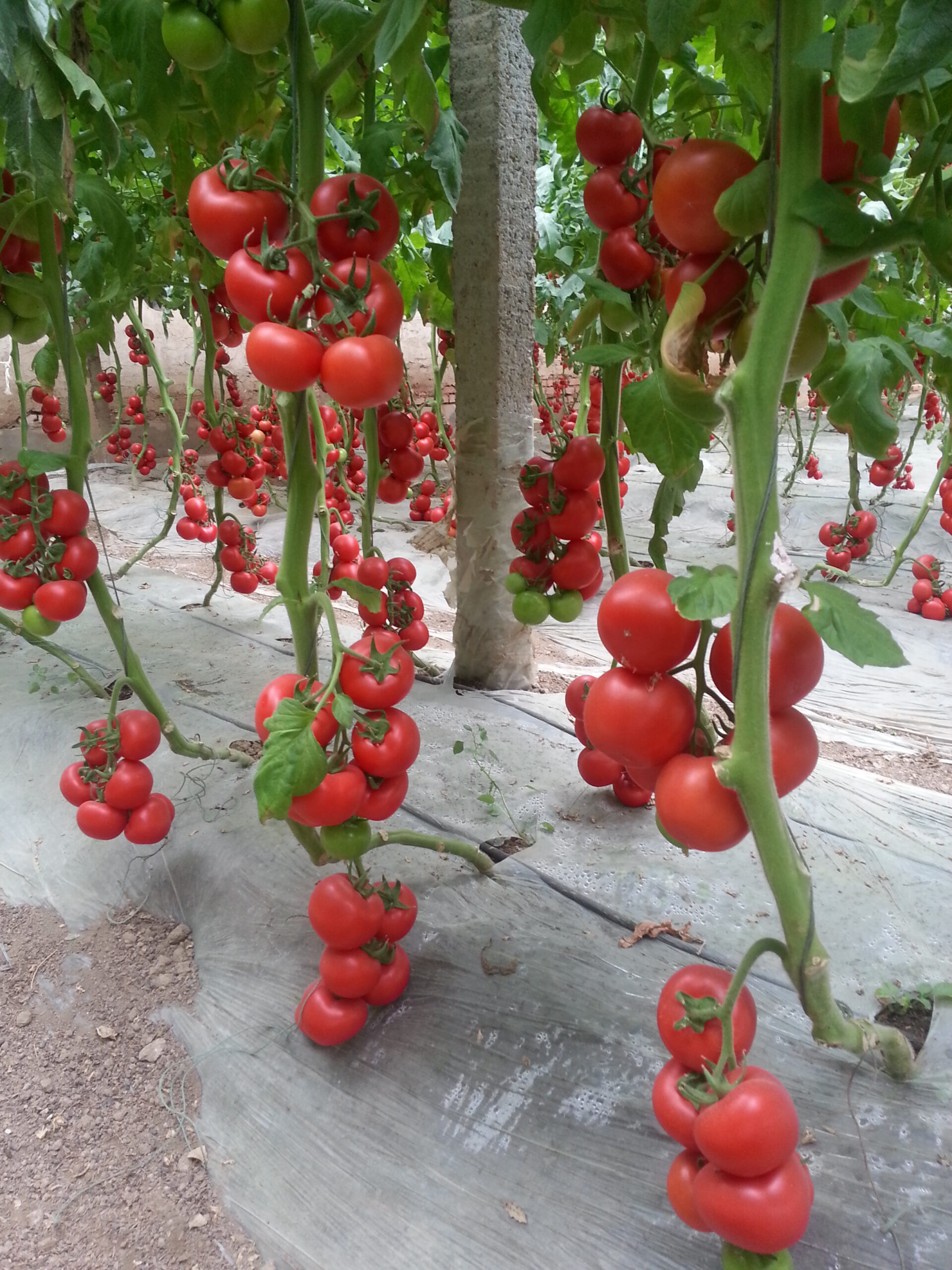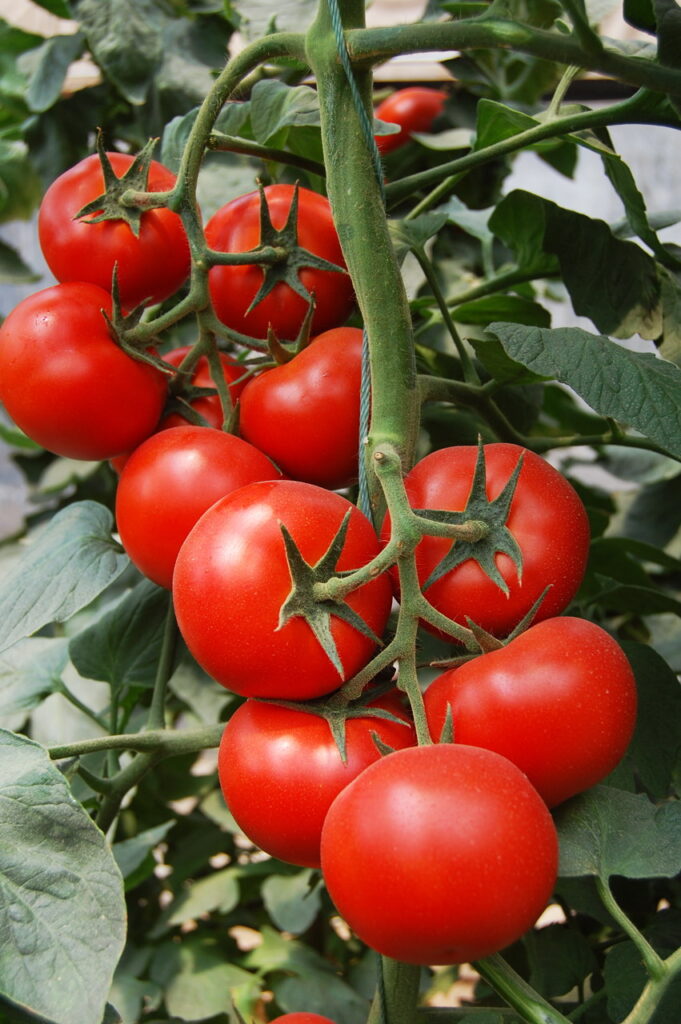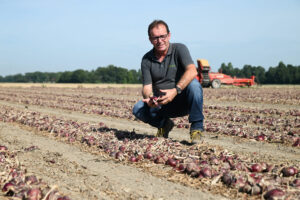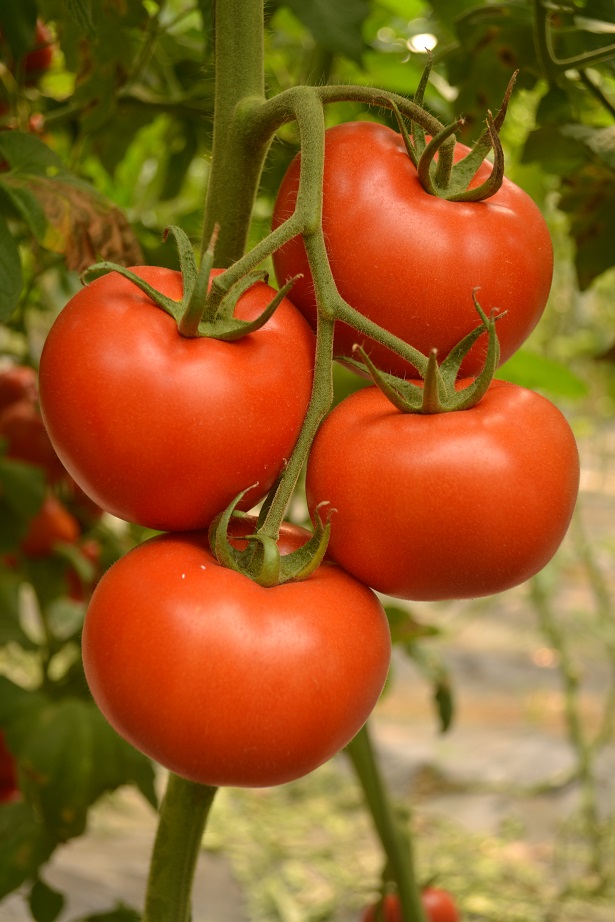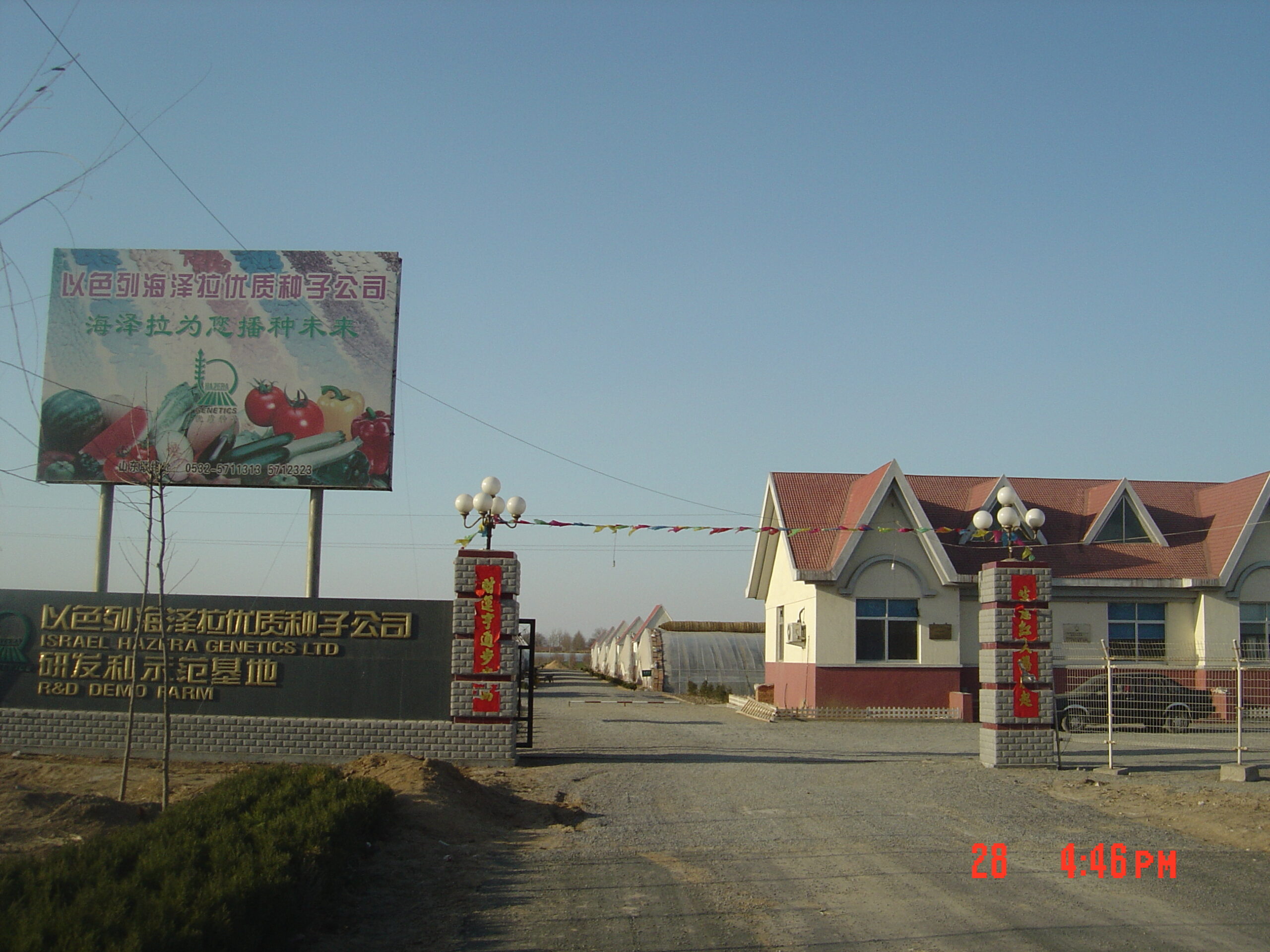Paul Fiers has been working for Hazera since 2022 as a crop specialist for onions and leek in the southeast Netherlands region. He is married to May and has a son and a daughter. Paul has a rich agricultural history. He was a team leader in agribusiness industry for 15 years and he also had his own vegetable growing business till 2006. Paul said “working in and with nature is always challenging and requires a flexible attitude. “If it can’t be done as it should then it should be done as it can” is a saying that fits me well.”
In your opinion, what is the most important personality trait someone would need to have to work in your industry?
“To be successful in our industry, it is important to have a good network and continue to build on it.” Said Paul. “You must enjoy meeting new people. We also have a huge capital of experience and knowledge within Hazera. If you know how to combine all this information well with your own experience, then you will always be an excellent discussion partner. And as the saying goes a flying crow always catches something.” He smiled.
Tell us about a project you’re proud of and why.
“Something I’m certainly proud of are the strides we made with the onion sales team last year. By making good use of the cultivation area per region we are much better at making the forecast. With this, we can actually see what our market share is per region and per variety. Based on this we make an action plan per region to increase the market share.”
What does “Hazera- Growing Together” mean to you?
“For me, growing together means working with everyone the best possible way, understanding and thinking in terms of solutions rather than problems.”
Can you please explain how one of Hazera’s pillars affects you daily?
“We have the earth on loan and are obliged to pass it on better than as we found it.” Said Paul. “Here I see the pillars of Hazera (inspired by nature/ good for people/ global diversity and invested expertise) reflected. With a rapidly growing world population, we face major challenges we need to overcome.”
Tell us something about yourself that most people do not know.
“When I was young, I played trumpet for several years, but due to busy work I later stopped doing this.” Said Paul in a said voice. “A few years ago, I made an attempt to start playing trumpet again but have not really succeeded until now. Who knows what the future will bring?”
Do you want to stay connected with our Hazera people?
Follow us our social media channels to stay connected with our Hazera people! If you have any questions left, don’t hesitate to ask them via our contact page!


